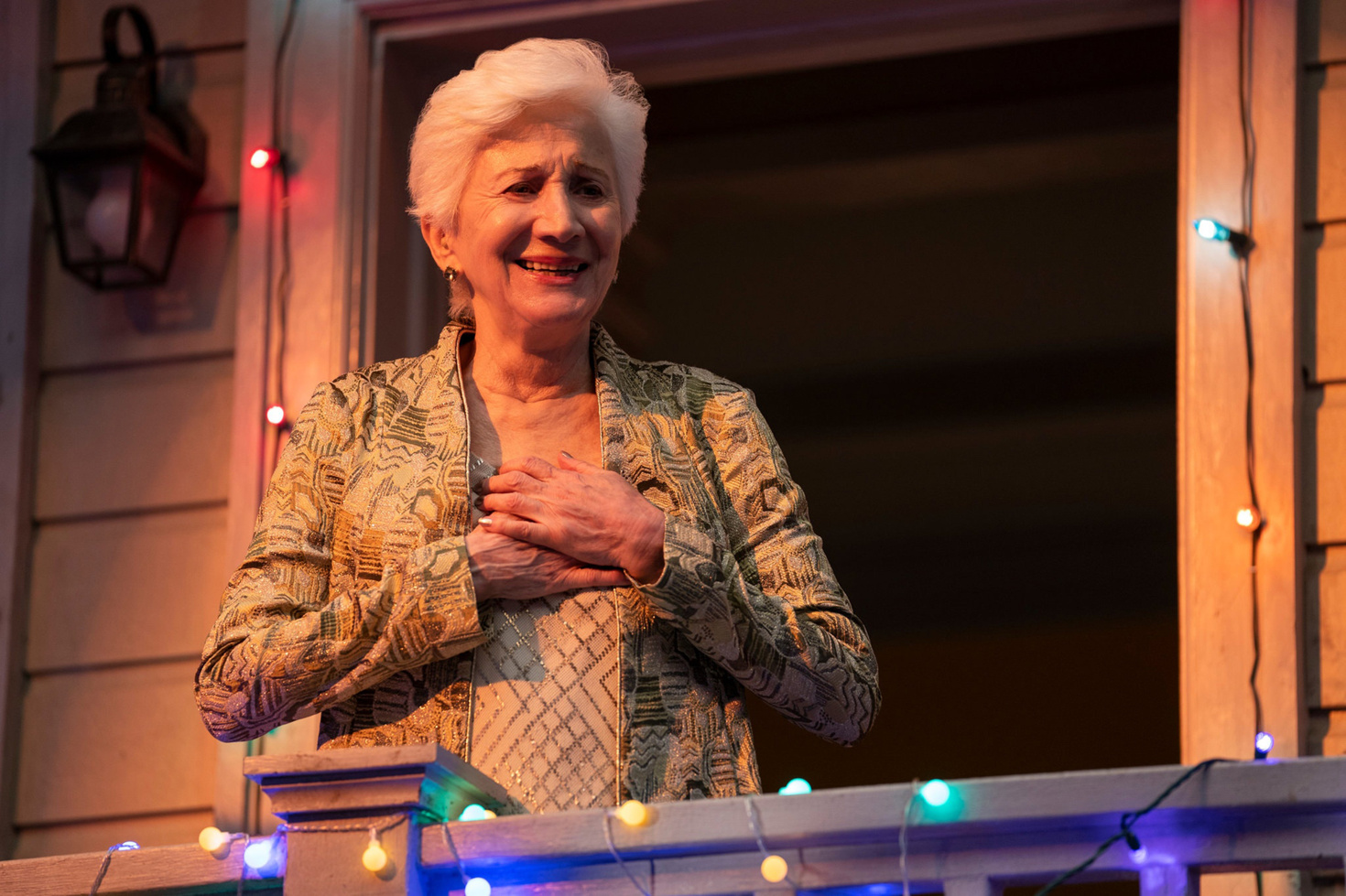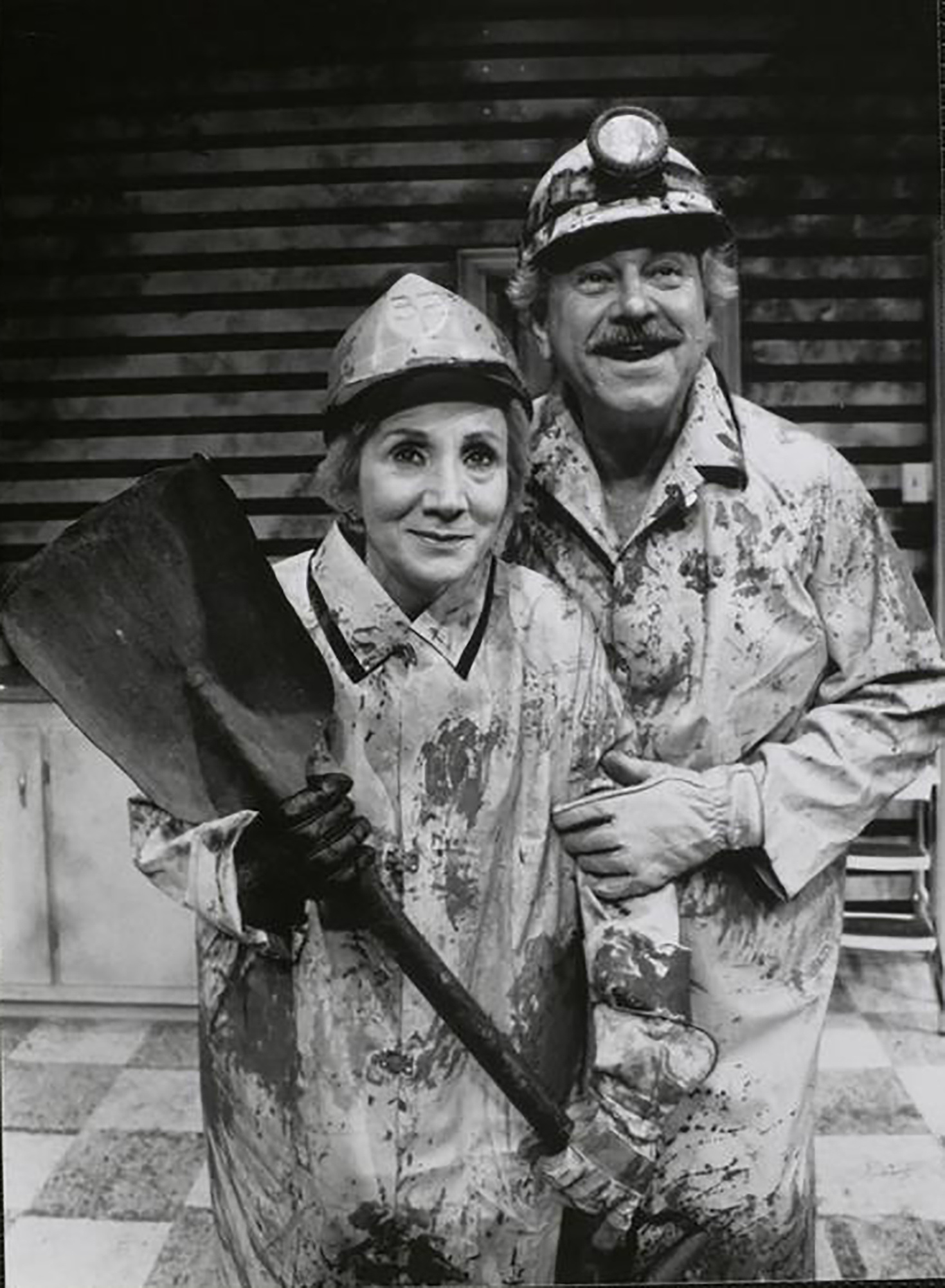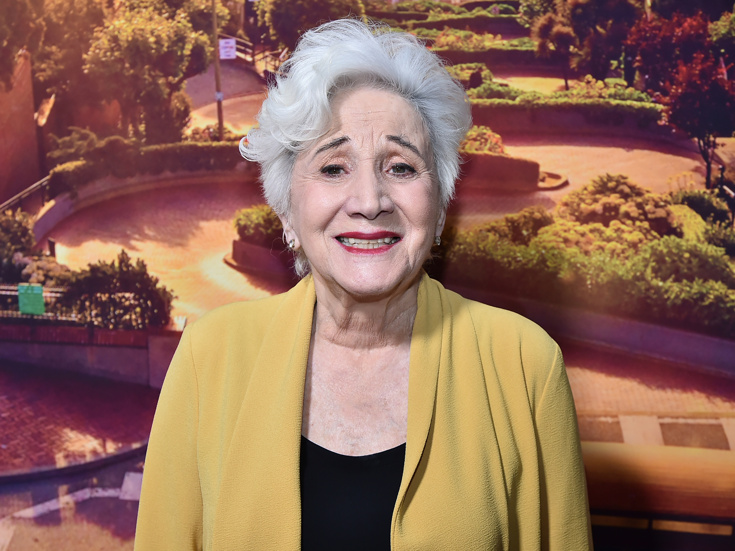Olympia Dukakis, Distinctive Actress Remembered for Political, Social Activism on Stage and Screen, Dies at 89
Olympia Dukakis, the Emmy- and Academy Award-winning actress hailed for her landmark portrayal of the transgender Anna Madrigal in Tales of the City, died on May 1 at the age of 89. According to The New York Times, Dukakis died in her home in Manhattan, and her brother Apollo said she had been in hospice care.
Dukakis, a seasoned stage actress who began her career on and off-Broadway in New York in the 1960s, didn’t become a household name until her Oscar-winning turn as Cher’s mother in Moonstruck (1987). Later, her role as Anna Madrigal in the television adaptations of Armistead Maupin’s Tales of the City, an epic of gay life in San Francisco, earned her more acclaim. Playing Anna, a transgender landlady and matriarch to a chosen family of queer characters, Dukakis helped to make significant strides in the representation of transgender characters on screen. “When the Academy Award winner took on the role 25 years ago, the depiction of an open and assimilated transgender character on cable television represented a courageous and radical step toward equality,” wrote Variety in 2019. Dukakis played Anna in Showtime’s 1998 sequel, More Tales of the City, earning an Emmy nomination, and returned to the screen as Anna again in Netflix’s 2019 reboot of the series.
Appearing in many screen roles across her career—including memorable turns in Steel Magnolias (1989), Mother (1995) and Mr. Holland’s Opus (1995)—Dukakis received additional Emmy noms for television appearances in Lucky Day (1991) and Joan of Arc (1999).

Dukakis, who was born in Lowell, Massachusetts in 1931 to Greek emigrants, attended Boston University and began a stage career in New York in the 1960s after falling in love with theater in college. She made her stage debut off-Broadway in 1962, in an admired production of Brecht’s A Man’s a Man at Masque Theatre. Dukakis appeared in many productions off-Broadway, including Public Theater productions of Electra (1964), Titus Andronicus (1967), The Memorandum (1968), Peer Gynt (1969), Curse of the Starving Class (1978), The Marriage of Bette and Boo (1985) and The Singing Forest (2009).
In 2011, Dukakis played the leading role of Flora in The Milk Train Doesn’t Stop Here Anymore at the Laura Pels Theatre. “Macabre, hilarious and weirdly touching more or less sums up Ms. Dukakis’ performance,” wrote Charles Isherwood in his New York Times review of that production, “although a host of other adjectives might also be applied to her multihued portrait of a woman who has married and buried four husbands but cannot face the truth when the reaper comes to escort her from life’s banquet.” He continued: “While Ms. Dukakis renders with broad, almost Borscht Belt humor the vulgar aspects of the character, she shades her performance with haunting glimpses of deeper feeling.”
Dukakis made her Broadway debut as an understudy in The Aspern Papers (1962) and appeared again on the Great White Way in Abraham Cochrane (1964), Who’s Who in Hell (1974) and Social Security (1986). In 2000, Dukakis made her final Broadway turn in Rose, a sprawling one-woman play about a Holocaust survivor whose century-long perspective on atrocity in Russia and Germany cast troubling reflections on genocide in the Middle East. “Dukakis, sitting at the forward point of a down-raked floor and working mostly with her eyes—which can go from a tired glaze to a pale burn in an instant—makes a genuine connection with the audience,” wrote Bruce Weber in his review for The New York Times. “Even if her accent isn't quite identifiable or her body language doesn't describe a woman as feeble as Rose claims to be, it's hard work she's engaged in: two hours of fierce remembrance in physical repose.”

Dukakis, who taught acting at New York University for over 15 years, was no stranger to the dramatic stamina needed to perform in a play like Rose—or to the political messages it had to offer. After moving to Montclair in 1970 with her husband, Louis Zorich, who died in 2018 after 55 years of marriage, Dukakis helped found the Whole Theater. Seating just over 200 people, the small company produced five shows a season until it closed in 1990. Critically praised for its work, Dukakis shaped the Whole Theater into a center for provocative, political and controversial art. Productions of plays like Better Living (1988), which used an abusive husband and father as a metaphor for Republican administrations, Elizabeth Page’s Spare Parts, about two lesbians raising a child, Jeff Stetson’s Fraternity and Lee Blessing’s Walk in the Woods typified the Whole Theater’s artistic mission to ask difficult questions, guided by Dukakis.
“Our nation is into denial,” she told The New York Times in 1988 about her work at the regional theater. “We all know that a few years down the road something horrendous is going to hit us, but we don't want to hear anymore than we need to know about problems involving the environment, drugs, poverty and the national deficit.” The plays she produced at the theater, she said, were meant to probe those politically inconvenient issues. “This is about how we deal with people of varying points of view,” she said, “not only in the world but in our own towns.”
In addition to her brother, Dukakis is survived by her three children Christina, Peter and Stefan Zorich as well as four grandchildren.
 Olympia Dukakis
Olympia Dukakis(Photo: Theo Wargo/Getty Images)